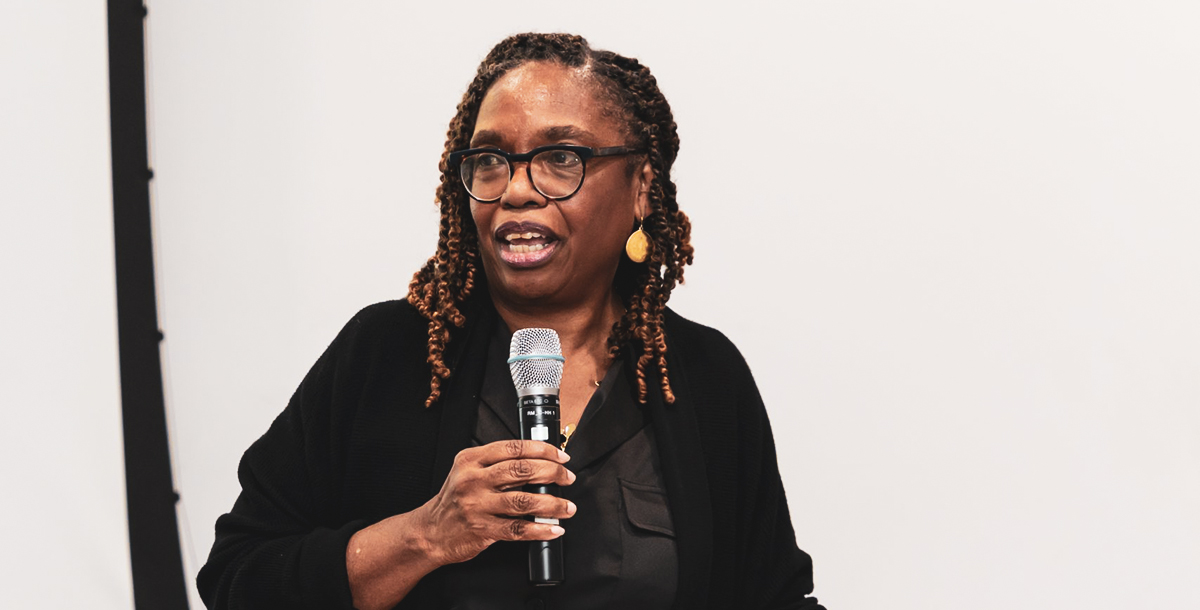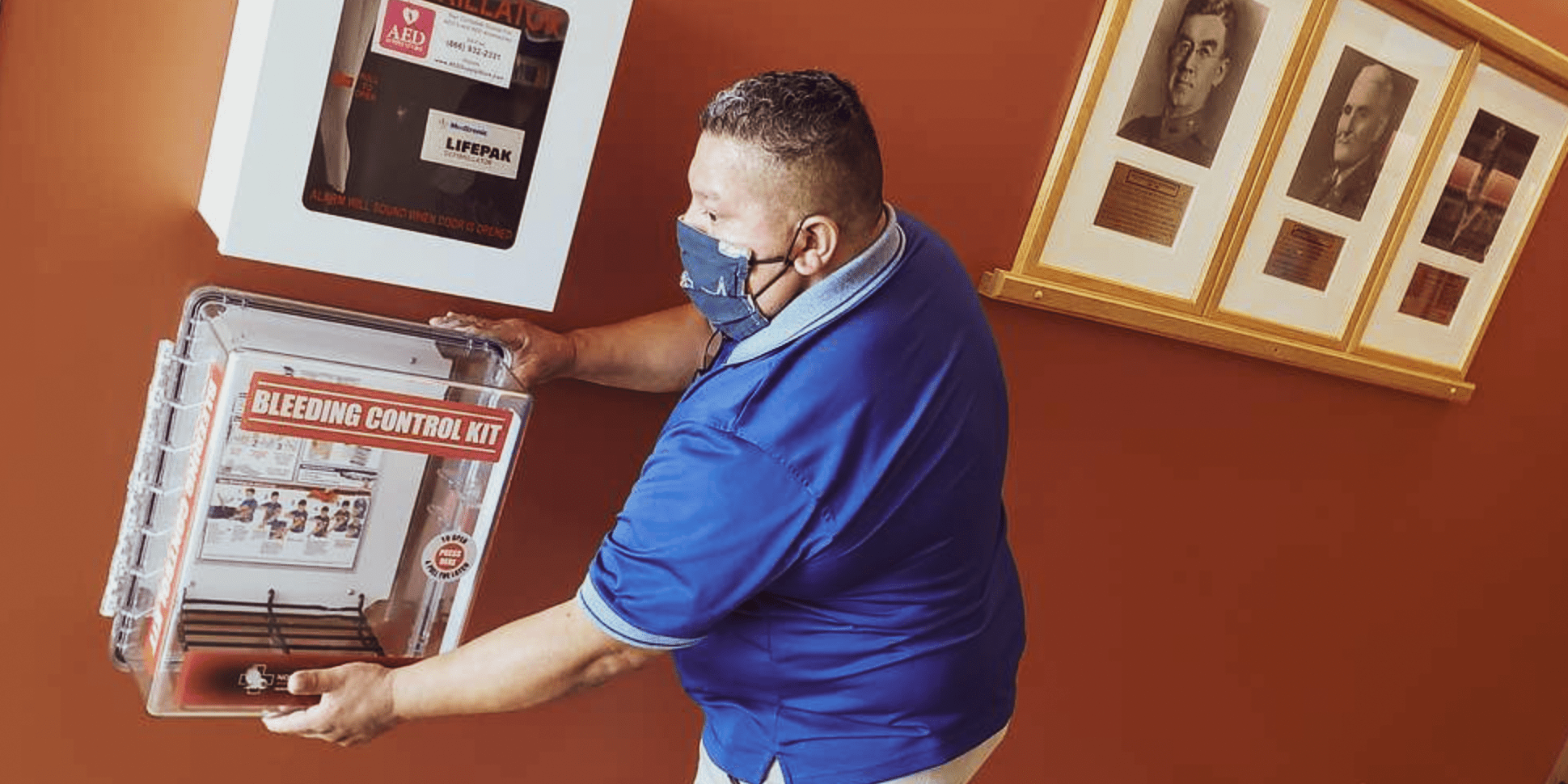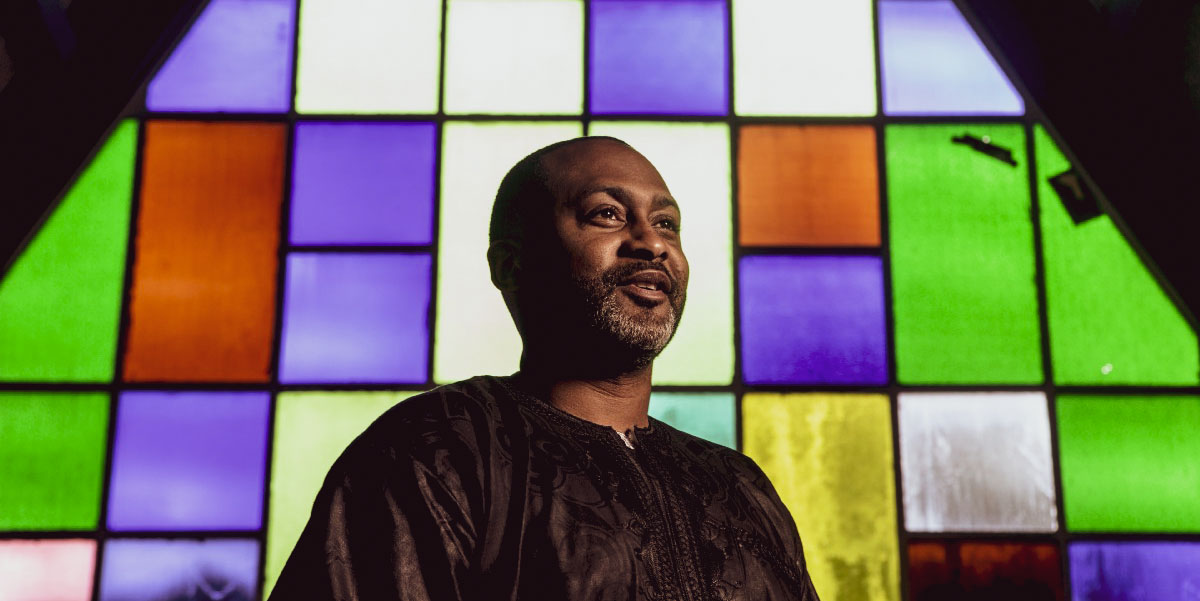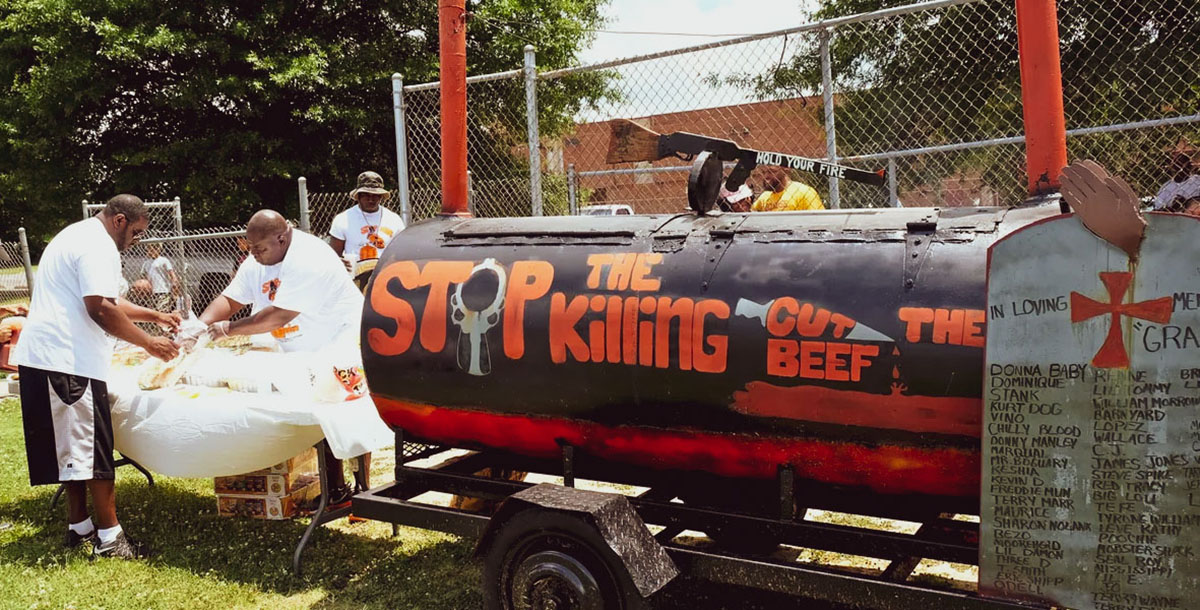What if we thought of firearm injuries as a disease in need of an intervention — or a cure?
That’s the idea researchers, community violence advocates and medical professionals have been asking for years now as the number of firearm-related injuries continues to grow. Any time there’s a threat to human life, public health professionals have tried to figure out what could be done to intervene.
There are past examples of this. Motor vehicle injuries once claimed far more lives before seat belts were required. Notably, nobody banned the use of cars, but we do rely on licenses, tests and regulations to ensure people operate them safely.
The federal government has already embraced this idea in its efforts to reduce gun violence. U.S. Surgeon General Vivek Murthy declared gun violence a public health crisis last month, vowing support for more research and recommending various reforms.
But in Tennessee and many other states, lawmakers are still resistant to addressing gun crime as more than a political issue. Some Republican lawmakers in the Tennessee General Assembly would not even agree to let state agencies create a report on the impact of gun violence two years ago.
Still, people are trying to fill the information gaps around firearm injuries, stop violence and save lives – despite their resistance. Here are some of the efforts that are already underway.
Firearm-related injuries include all deaths involving guns — homicides, suicides and unintentional deaths.
The organizers

Two years ago, Democratic state lawmakers put forth a bill that would treat gun violence as a public health crisis. The proposed law would have allowed state agencies to collaborate on an annual report about the impact on local communities.
The report would have cost the state no money to create and had already been blessed by the departments of health, education and safety when it came before a House subcommittee of the Tennessee General Assembly.
The Republicans had other ideas about the root of the issue.
It’s because of single-parent homes, one lawmaker said. Most of the killing is drug-related, another guessed. Give more money to the police. Start a task force. Why not focus on the influence of violent movies, music and video games?
The bill had been supported by a coalition of religious leaders, medical professionals and advocates in the state who believed good data was key to understanding the plague of firearm injuries. After multiple revisions and hearings, the measure never made it out of the subcommittee. A pared-down version of the proposal also failed the following year.
“We just realized that we can’t wait on our legislature to do what we need done, so we decided we would start trying to pull people together and do what we can,” said Shirley Bondon, executive director for the African American Clergy Collective of Tennessee and the Black Clergy Collaborative of Memphis. “We’re not going to stop going to the legislature, but we just know that we can’t depend on what they’re doing.”
The experience was another lesson in the slow-moving legislative process and led to the creation of the Safe and Free Tennessee Alliance. The new statewide coalition of people from nearly a dozen organizations wants to reduce gun violence by taking a public health approach.
“A public health approach allows us to take a step back and take a larger view of it. What are the systemic issues at play here, and how can those be addressed?” said Dr. Jason Yaun, a Memphis pediatrician and a past president of the Tennessee Chapter of the American Academy of Pediatrics.
They plan to do what the legislature would not: collect and evaluate public data, create programs that would lower risk of firearm injuries and help spread the practices across the state.
Bondon said the alliance’s work is a long-term project that will take years to bear fruit. But every week, there are reminders why the work is so important. People want to act, but without good data, it’s unclear what needs to be done and what interventions they should support, she said.
The recent mass shooting in Orange Mound is a good example.
“You see just a flurry of activity after something like that happens, and people want to figure out what they can do,” Bondon said. “It’s nice that they’re interested and they want to do something, but we need to be doing something all the time. It’s continuous, persistent and planned and intentional.”
The new first responders

A person dies from a firearm injury nearly every day in Shelby County.
Three out of every four of the 1,600 deaths recorded over a five-year period ending in 2022 were homicides, according to the gun safety group Everytown. And, the rate of child deaths in Tennessee from unintentional shootings is the third-highest in the nation.
The grim statistics have been a constant over the last decade. But since 2018, medical professionals at Le Bonheur Children’s Hospital have been providing first responder training to residents. People are at great risk of dying from blood loss after a mass shooting, which is what the ‘Stop the Bleed’ classes are designed to prevent.
“More recently, we’ve really been focusing on getting it to people that live in communities that have high violent [crime] rates so that if someone sees someone shot and bleeding, then they can help them out,” said Dr. Regan Williams, a trauma surgeon at Le Bonheur.
“There’s been a little bit of a shift for us in trying to get into the community and get this training out so that everybody could be a lifesaver.”
The training was created by the American College of Surgeons after the mass shooting at Sandy Hook Elementary School. The goal was to make the training as common as CPR classes, so the effort focused on school nurses, resource officers and other personnel, Williams said.
The course takes all of 30 minutes, Williams said. It revolves around how to use a bleeding control kit. They teach people how to pack stab and gunshot wounds with gauze and how to apply pressure to a flesh wound to reduce blood flow.
They’ve now trained some 1,400 people, adding steadily to a small army of would-be first responders.
The researcher

The Rev. Earle Fisher is searching for the answers to questions most people assume they know about crime.
As the rate of violent crime increased in recent years, Fisher said the public conversation drifted toward a familiar response: Memphis just needs more police. However, he knew that several studies have linked crime and violence to poverty.
Fisher is trying to dig deeper by conducting the 15-question survey called Vital Observations on Individuals’ Criminal Experiences and Stories. What’s unique about the online survey is that it’s open to crime victims and perpetrators.
The questionnaire can be taken online by Shelby County residents. It’s being used to gather perspectives on upbringing, relationships with friends and family and personal hardships.
Fisher wants to peel back the layers on why people break the law, and the circumstances that came before their choice. He hopes to capture as many as 500 responses before analyzing the results and publishing a report that could help policymakers find better solutions.
“We hadn’t really been hearing from people,” Fisher said. “We say, ‘this is why they’re doing it,’ but we never really thought to ask them.”
Fisher, who has a doctorate from the University of Memphis, plans to supplement the online survey with more in-depth interviews. He hopes to draw more detailed conclusions based on the language people use.
The Shelby County District Attorney’s Office and Shelby County’s Office of ReEntry have shown interest and supported the work, as well as the nonprofit Just City and individual criminal defense attorneys.
Few issues garner more attention than violent crime in Memphis. But last year, Fisher noticed a familiar pattern in the public discourse about solutions as public officials insisted more police officers were needed in the city. The pastor at Abyssinian Missionary Baptist Church in Whitehaven for more than a decade, he decided to do more than watch as old ideas emerged again.
“I think a lot of the things that have been referenced, especially things that support notions around increasing the number of police officers, suffer from a confirmation bias,” Fisher said. “I’ve said this a million times, if you walk around with a hammer of mass incarceration, everything looks like a nail of Black criminality.”
The mediators

Before street beef escalates into retaliatory shootings, networks of outreach workers with deep ties in the city’s neighborhoods have formed a first line of defense around Memphis. For years, the work of stopping violence through mentoring young would-be offenders has been the domain of small community groups powered by small grants and sustained with hours of unpaid work.
Whether the conflict started in school or at a park, these mediators step in and provide guidance to people at risk of committing violence. Their work often requires sophisticated knowledge of warring gangs and cliques; underground rappers and family bloodlines.
As the number of killings increased nationally for two consecutive years, the White House urged local governments to use money from the American Rescue Plan Act to address gun violence. The ARPA rules explicitly mentioned “focused deterrence, street outreach, violence interrupters, and hospital-based violence intervention models.”
“What the federal government sees is this is the frontline force to your police force when you’re living in a city such as Memphis, where for the last 10 years we’ve been hearing about how short we are when it comes to officers,” said Durell Cowan, who founded the nonprofit Heal 901 in 2018.
In Memphis and other cities, lawmakers answered the call by directing millions to violence intervention programs.
One of the oldests groups, the 901 Bloc Squad, was formed more than a decade ago with the support of former Memphis Mayor Willie Herenton. At its peak late last year, the Bloc Squad’s ranks numbered around 100 intervention workers thanks to a financial boost from the federal ARPA money.
But as the temporary funding faded the Bloc Squad had to furlough close to half of its workers until July, Delvin Lane, the group’s founder, told Shelby County commissioners at a recent meeting.
It couldn’t have come at a worse time as schools let out for the summer break.
“When you take the boots off the ground that can help these kids make rational decisions about bringing guns to schools and about how to retaliate against their so-called opp [or opposition],” Lane said, “you don’t have these guys and girls on our teams that’s life coaches with these young people they make drastic decisions.”
Lane has been joined by other groups like Stop the Killing – Cut the Beef and the Memphis Allies program operated by Youth Villages. Even as violence intervention work becomes more common, there’s still some doubt about whether it reduces crime.
As the city and county finalize their budgets, it’s unclear if local governments will keep funding the programs at the same levels.
“Not saying that funding will not come, understanding that new budgets have just been put out, but I don’t think that our officials understand the importance of the worst. It’s almost as if we’re treated like an extra daycare program.”
Michael Finch II is the enterprise reporter for MLK50: Justice Through Journalism. Contact him at mike.finch@mlk50.com
This story is brought to you by MLK50: Justice Through Journalism, a nonprofit newsroom focused on poverty, power and policy in Memphis. Support independent journalism by making a tax-deductible donation today. MLK50 is also supported by these generous donors.

